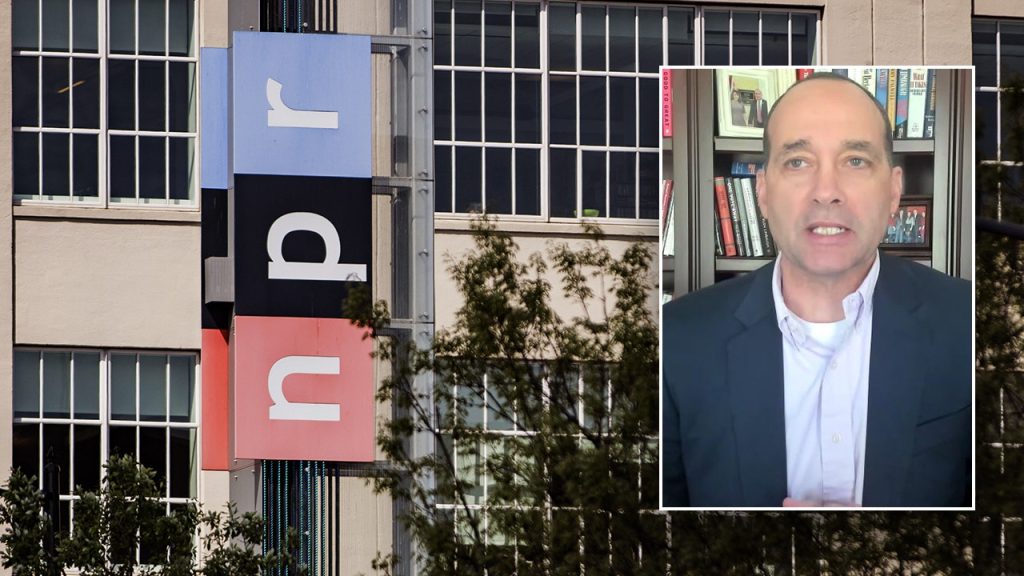House Freedom Caucus Chair Bob Good, R-Va., has introduced the Defund NPR Act, which aims to end taxpayer-funded media by blocking federal funding from going directly toward NPR and public radio stations that receive federal grants from using taxpayer funds to pay dues to NPR. Good argues that NPR has a clear left-wing bias that taxpayers should not have to fund. He believes that if a federally funded outlet had a right-wing bias, there would be significant public outrage, highlighting the need to protect free press and prevent government interference in funding biased media organizations.
Good’s concerns about NPR’s alleged left-wing bias were recently exacerbated when now-former NPR editor Uri Berliner accused the outlet of mishandling critical stories and having a lack of viewpoint diversity in the newsroom. Berliner’s assertion that registered Democrats vastly outweighed other political affiliations in the newsroom drew attention to the ongoing dispute over NPR’s objectivity and funding sources. While NPR’s CEO Edith Chapin defended the organization’s work and commitment to inclusivity, Berliner’s suspension and subsequent resignation further fueled the debate over NPR’s credibility and government funding.
Critics have long accused NPR of having a left-wing bias despite receiving funding from federal grants and government-backed dollars. Good’s Defund NPR Act reflects a broader conservative push to eliminate taxpayer funding for media organizations perceived to have political biases. The legislation seeks to uphold the principles of free press while questioning the appropriateness of using taxpayer money to support media outlets that allegedly prioritize one political ideology over others.
Good emphasized that while most of NPR’s funding comes from corporate sponsorships, the nonprofit also benefits directly and indirectly from federal funds, including those allocated by the Corporation for Public Broadcasting. Good’s bill aims to prevent taxpayer dollars from supporting an organization that allegedly promotes a left-wing agenda and lacks viewpoint diversity in its newsroom. The debate over NPR’s funding and bias underscores larger concerns about media objectivity and the role of government in financing news organizations.
The resignation of Uri Berliner and the subsequent fallout within NPR’s newsroom have reignited the debate over the organization’s alleged left-wing bias and funding sources. Good’s legislation represents a key development in the ongoing controversy surrounding NPR and its relationship with federal funds. The Defund NPR Act highlights concerns about media objectivity, viewpoint diversity, and the role of government in funding biased news organizations, signaling a broader push toward greater transparency and accountability in the media landscape. As the debate over NPR’s funding and bias continues to unfold, questions remain about the future of public media and the implications of government support for news outlets perceived to have political biases.


